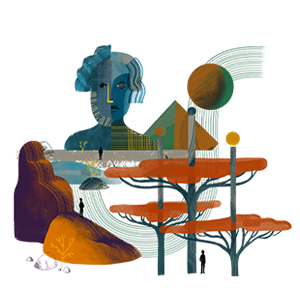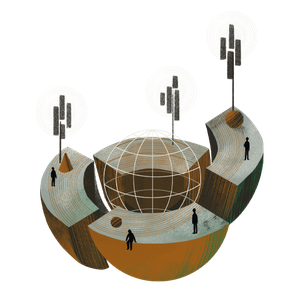The digital economy is built on data. It is a plentiful resource that can be extracted from just about everything in our lives, from our movements and the content we consume to the information about our environment, and more personal data such as our photos and videos, right down to our heart rate. Companies are using this data to inform product and service designs to get us to spend more money or time on their websites. This data can also be used to make decisions that affect our lives, such as the type of medical or insurance coverage we need, housing, employment and policing. When fundamental freedoms are determined by AI systems, it is incredibly important to know how they function and what types of bias may exist to identify possible harms.
In her essay, Mutale Nkonde explores the potential risks of biometric data and what regulators should do to protect vulnerable citizens.
























